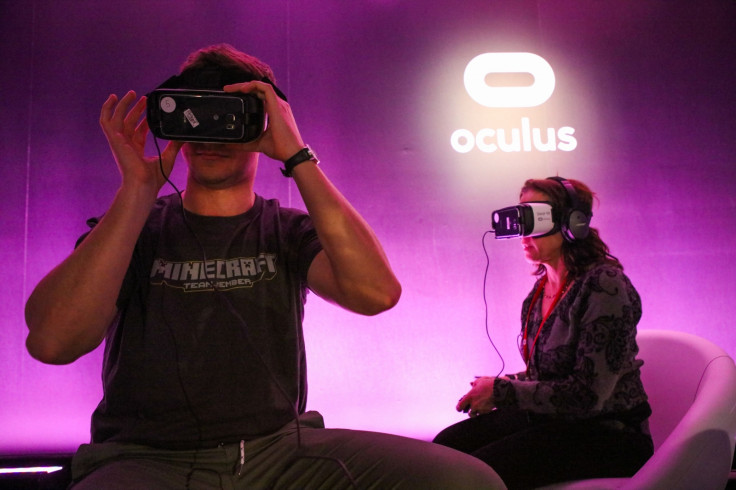Latest update to Oculus Rift featuring new DRM inadvertently makes pirating games easier

A recent software update for the Oculus' virtual reality headset that features a new digital rights management (DRM) has made it easier to pirate its games. The virtual reality (VR) technology company last week released a software updatefor its Oculus Rift, incorporating the DRM that checks if the VR headset is connected to the PC when playing games purchased from the Oculus Store.
Libre VR who identifies himself as the developer of Revive – the software that allows games that are exclusive to Oculus Rift run on rival VR headsets such as Valve and HTC Vive – revealed that the update to Oculus Rift patches the hack.
"While this helps prevent piracy from people who didn't buy an Oculus Rift, it doesn't do anything to prevent piracy from those who did buy an Oculus Rift," said Libre VR, adding, "And this clearly excludes anyone who bought the game, but didn't buy an Oculus Rift. Even if Revive wasn't targeted, they were probably more than aware of the collateral damage."
Oculus on the other hand said that the update was not aimed at Revive, but it bundles security improvements to clamp down on piracy, while protecting content as well as developers. An Oculus spokesperson said, "We take the security, functionality and integrity of our system software very seriously and people should expect that hacked games won't work indefinitely as regular updates to content, apps and our platform may break the hacks."
But the new DRM in the update reportedly appears to have worsened Oculus' piracy problems. Libre VR claimed to have found a new workaround for the new DRM that would make it easier to pirate Oculus games.
Speaking to Motherboard Libre VR said that while the original Revive software took functions from the Oculus Runtime and translated them to OpenVR calls (the API compatible with Vive and other headsets), the new version of the software, instead, uses the same technique to bypass Oculus' ownership. And once the ownership check is disabled, the game can no longer determine if a user owns the game legitimately or not.
"It should also work for other Unreal Engine games, but I haven't tested it yet. Support for bypassing the DRM in Unity engine games is still being worked on," Libre VR mentioned in a Reddit post. "This is my first success at bypassing the DRM, I really didn't want to go down that path. I still do not support piracy, do not use this library for pirated copies."
Libre VR further said that the Revive was not designed to pirate games and stressed that if he found a way that does not require disabling ownership check, then he would implement it. He continued that he would like to work with Oculus to bring out a solution that would allow users to play Oculus games on other headsets, which is without bypassing ownership checks.
© Copyright IBTimes 2024. All rights reserved.






